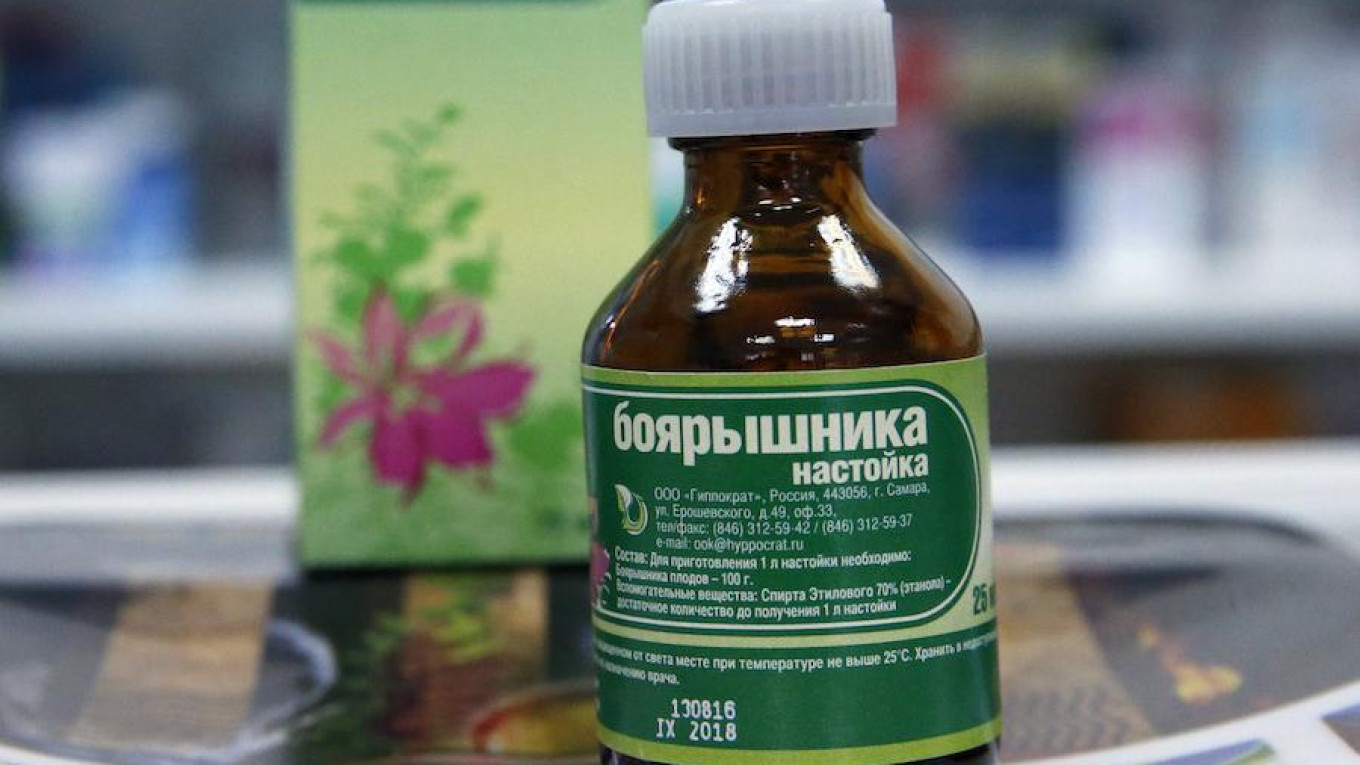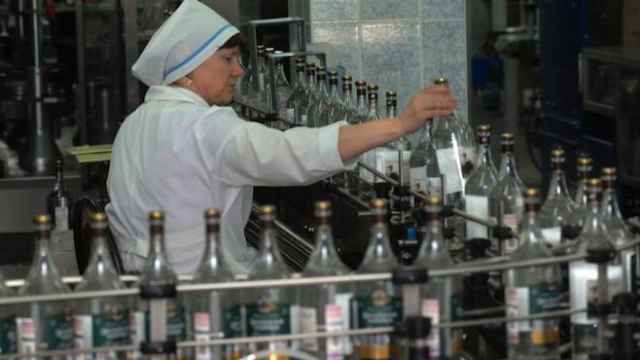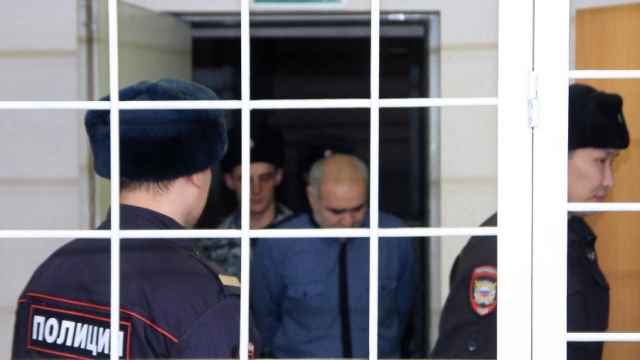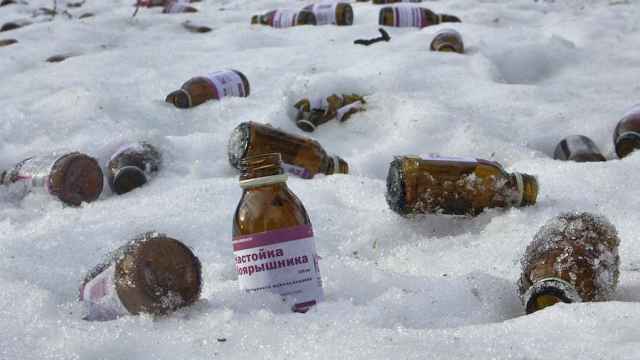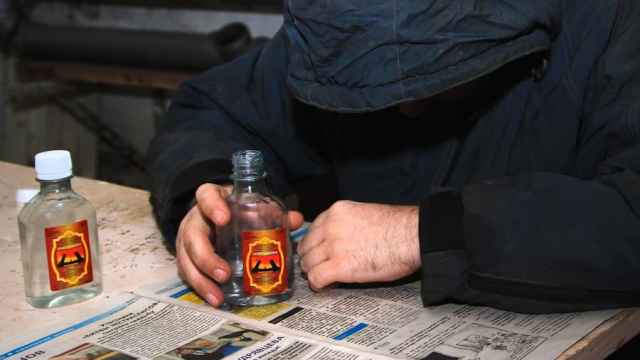Retailers of household products and cosmetics say their sales are suffering from the temporary ban on the sale of products containing over 25 percent alcohol.
The newspaper Vedomosti reported that representatives of Russia's Drugstore Union sent letters complaining about the ban and its effects to the consumer watchdog Rospotrebnadzor and the Ministry of Industry and Trade.
On Dec. 23 Prime Minister Dmitry Medvedev instructed the head of Rospotrebnadzor Anna Popova to suspend the sale of non-food products with an ethyl alcohol content of more than 25 percent for up to 30 days. Exceptions were made for perfume and windshield fluid.
The decision was a response to a case of mass poisoning in Irkutsk due to the consumption of surrogate alcohol, which killed almost 80 people. The victims had drunk Hawthorn berry tincture, a bath lotion that normally contains a high percentage of ethyl alcohol. The product the victims consumed, however, was found to contain methanol.
According to the Drugstore Union's letter, there are many non-perfume products which contain over 25 percent alcohol. These include lotions, tonics, hair styling products, deodorants and others. But the ban does not include products such as the cologne Triple, which contains less than 25 percent alcohol and sells for 15 rubles, "with a totally obvious intended purpose," the letter notes.
In order to alleviate pressure on retailers, the Drugstore Union asked Rospotrebnadzor to exclude perfume, aerosol products and products over 100 rubles from the ban.
On Dec. 28, Rospotrebnadzor published a letter on its website addressed to its regional offices. The letter advises regional authorities to distinguish between products based on the method of manufacture and packaging. For example, aerosol hairspray, mousses, deodorants and antiperspirants with roller applicators have packages that do not allow them to be used as alcohol surrogates. The letter also states that products which have a price well below the minimum price of alcoholic beverages are potentially risky.
A Message from The Moscow Times:
Dear readers,
We are facing unprecedented challenges. Russia's Prosecutor General's Office has designated The Moscow Times as an "undesirable" organization, criminalizing our work and putting our staff at risk of prosecution. This follows our earlier unjust labeling as a "foreign agent."
These actions are direct attempts to silence independent journalism in Russia. The authorities claim our work "discredits the decisions of the Russian leadership." We see things differently: we strive to provide accurate, unbiased reporting on Russia.
We, the journalists of The Moscow Times, refuse to be silenced. But to continue our work, we need your help.
Your support, no matter how small, makes a world of difference. If you can, please support us monthly starting from just $2. It's quick to set up, and every contribution makes a significant impact.
By supporting The Moscow Times, you're defending open, independent journalism in the face of repression. Thank you for standing with us.
Remind me later.



